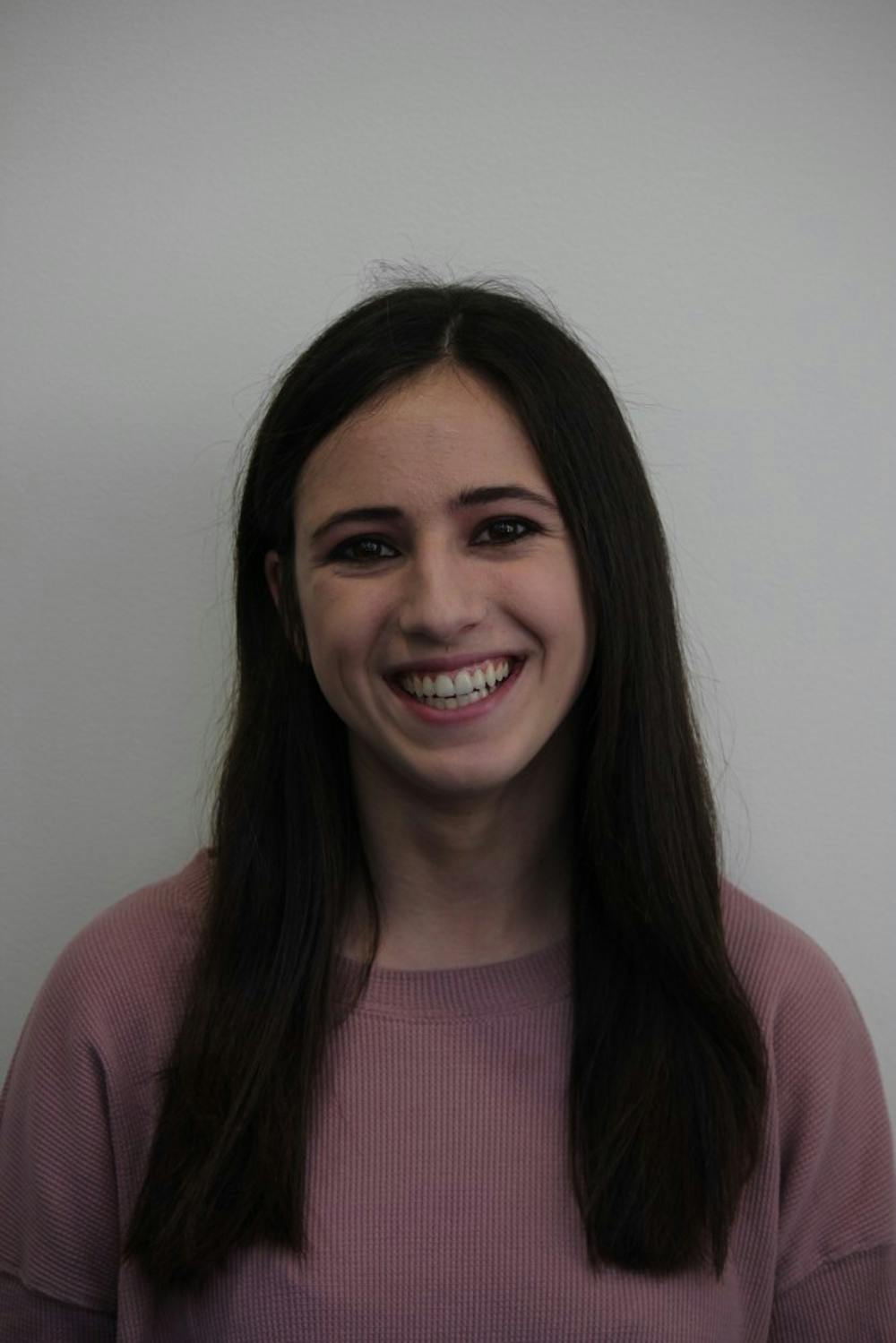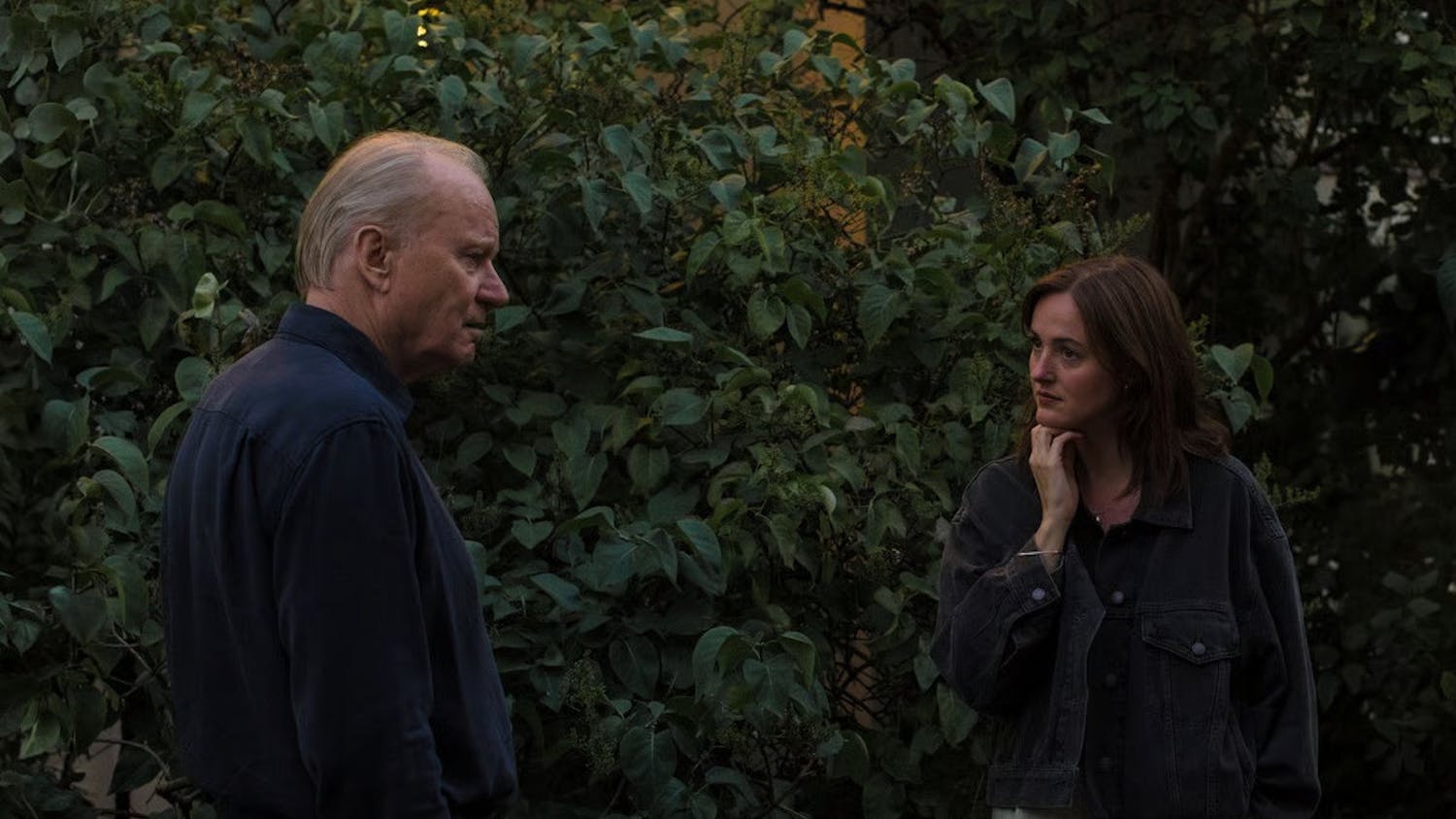Mental health has always been an important issue; however, the emergence of the coronavirus pandemic has brought on a new, stronger wave of distress.
People are separated from their usual lives. Some live alone, others with a limited number of family members or friends. But, no matter what the situation is, everyone is still isolated from their normal lives and are stripped of everyday freedoms they once had.
However, under our current president, the trillions of dollars Congress allotted for COVID-19 relief are barely being used to help improve Americans’ mental health. While the government has granted some relief funds, those without jobs are left with the mounting stress of lost income, homelessness and poverty, on top of any grief of losing friends and family to the coronavirus. It is critical that some of the money go to helping Americans cope with hardships in their lives, during this time of panic.
In May 2020, the Pew Research Center released a report detailing that one-third of all Americans have experienced some form of high levels of psychological distress during the pandemic. If 33 percent of our population is feeling the strain, outlets must be made available. Whether it's a free therapist or easier access to prescribed medication to help with stress, changes must be made in order for people’s mental health to improve.
Right now, one of the only outlets the government is providing is the Disaster Distress Helpline.
The Helpline has been in constant pressure, as its demand continues to skyrocket. In April 2019, 1,790 people texted it. Meanwhile, in April 2020, about 20,000 people texted the Helpline. Moreover, the Helpline had a 338 percent increase in call volume in March 2020, compared to February 2020. With all of this data, it is clear that people are suffering and need another outlet to keep themselves safe.
If in need, you can call the Helpline at 1-800-985-5990.
As a sophomore, I got to experience campus life for approximately three-fourths of my college career.
I was set to live in Cassell this year; however, when American University first decided to boot some of the sophomores off campus, I quickly rushed to find housing — not knowing that school would end up being fully online.
Personally, I have moved back to D.C., and feel extremely lucky to have had the chance. While I love my family and my friends back home, it is nice to get a feeling of independence again.
But AU students are scattered around the world, working in online, synchronous or asynchronous classes. These are words most of us had probably barely used before this semester. This separation only heightens depression and anxiety. As young adults, we are at a very vulnerable age to be alone. Maybe you are an upperclassman who has had a taste of the independence that college gives. Maybe you are a freshman who got into AU, looking forward to getting a college experience in D.C., only to be slammed with the announcement that the freshman year you were looking forward to has been canceled.
CBS News reported survey results on Sept. 11 that found that 56 percent of adults, ages 18 through 34, reported a feeling of isolation in the past month. College students fall into that exact category.
This is a time where mental stability is vital. As life changes everyday, it brings new challenges. As the semester continues on, the strain of pressure that work puts on the average college student can be detrimental. AU must concentrate on the well-being of their students and help them through current disabilities. If that is done, and certain resources are made available, students' futures at AU may shine a little bit brighter. But, in the meantime, just remember, if life is getting too hard, or too much work is building up, sit up straight, close your eyes and breathe.
Georgina DiNardo is a sophomore in the School of Communications and the managing copy editor for The Eagle.





